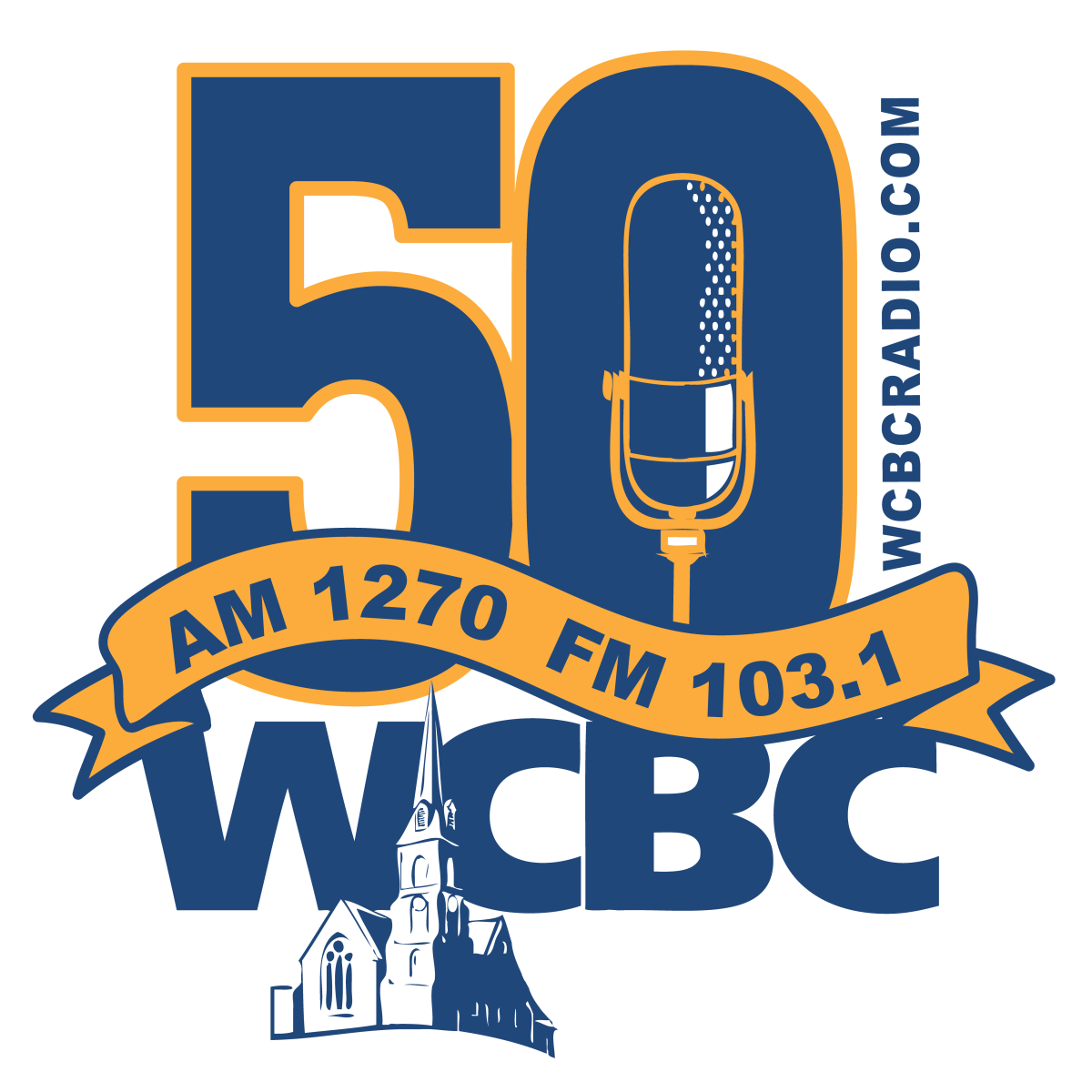January 19th, 2022 by WCBC Radio
Maryland Attorney General Brian E. Frosh today joined a coalition of 21 attorneys general in a comment letter urging the U.S. Department of State (DOS) to formally withdraw its iteration of the Trump-era public charge regulation, which replicated the now-defunct rule previously put forward by the U.S. Department of Homeland Security (DHS) in 2019. The DHS rule had been challenged by Attorney General Frosh, and 12 other attorneys general, in a lawsuit filed in August 2019.
The regulations unlawfully attempted to target immigrants and their families by turning the use of basic health, nutrition, and housing programs into barriers to lawful admission to the United States, which, as a result of the fear and confusion caused by the regulations, led to a broader chilling effect on the use of these important programs. In today’s comment letter, the coalition highlights the substantial harms caused by the regulations put forward by the previous administration and applauds the current federal government’s efforts to rescind the subsequent DOS iteration of the public charge rule.
“The Department of State has our full support in its effort to rescind the unlawful public charge Rule promulgated by the previous administration,” said Attorney General Frosh. “The Rule was designed to cause fear among immigrants who needed even temporary assistance with nutrition, healthcare, or housing.”
Longstanding guidance by the federal government has defined a “public charge” as a person who is primarily and permanently dependent on either public cash assistance for income maintenance or institutional long-term care at the government’s expense. Under the U.S. Immigration and Nationality Act, a noncitizen who is likely to become a public charge is generally inadmissible to the United States and ineligible to become a lawful permanent resident. The previous administration sought to expand the definition of a public charge by declaring that the use of additional government programs constitutes grounds for such a determination, including the use of healthcare through Medicaid, nutrition and food support through the Supplemental Nutrition Assistance Program, and Section 8 housing assistance. In order to enact these changes, the federal government put forward a formal regulation through DHS, and DOS then took steps to adopt a similar rule.
However, following court decisions across the country blocking the 2019 DHS rule, including in Maryland’s lawsuit, the federal government formally vacated it in March 2021. Given this significant change in circumstances, DOS is now taking steps to reconsider its adoption of the 2019 public charge rule, especially in light of DHS’s expressed intent to develop new regulations. Importantly, the federal government’s current rulemaking efforts appear to recognize that the health and safety of all of our communities are interconnected, particularly in the midst of the ongoing COVID-19 pandemic. In contrast, the fear and confusion caused by the previous regulations hindered the states’ ability to administer critical public health services and interfered with state laws and policy choices to encourage broad-based access to public programs that protect the most vulnerable communities – and, in turn, everyone – against public health threats like COVID-19.
In filing the comment letter, Attorney General Frosh joins the attorneys general of California, Colorado, Connecticut, Delaware, the District of Columbia, Hawaii, Illinois, Maine, Massachusetts, Michigan, Minnesota, Nevada, New Jersey, New Mexico, New York, Oregon, Pennsylvania, Rhode Island, Vermont, and Washington.

















